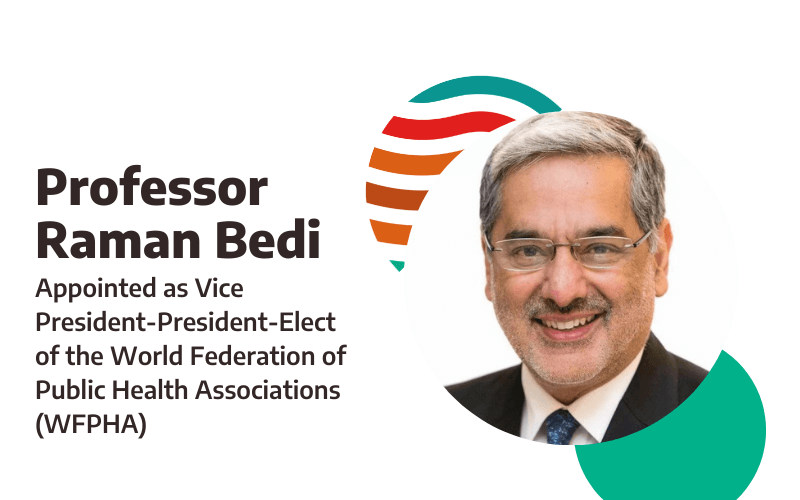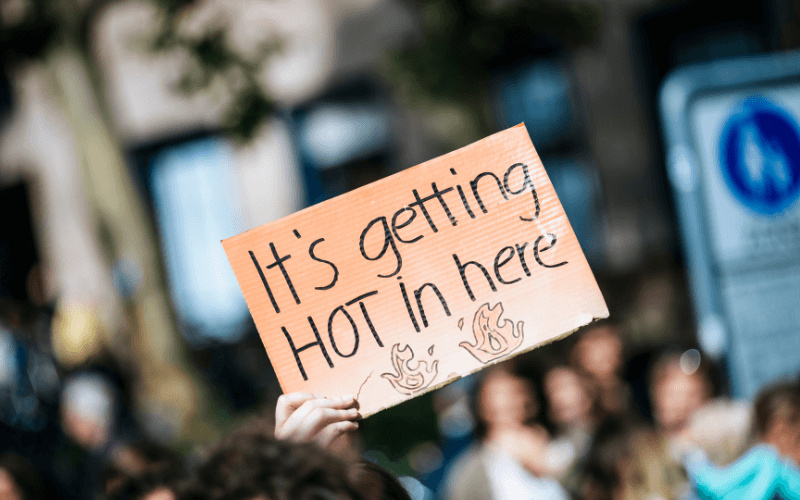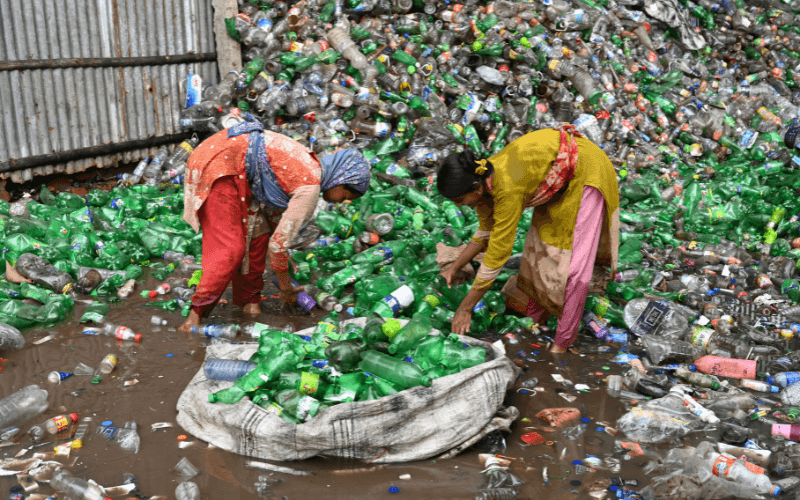
Professor Raman Bedi Appointed as Vice President-President-Elect

Professor Raman Bedi Appointed as Vice President-President-Elect of the World Federation of Public Health Associations (WFPHA)
News
Aug 21, 2024
In a significant milestone for global public health, Professor Raman Bedi has been appointed as the new Vice President-president-elect for the World Federation of Public Health Associations (WFPHA). His election on May 26, 2024, marks a historic moment as he becomes the first dentist and UK representative in over 50 years to hold this prestigious position. Professor Bedi, an Emeritus Professor at King’s College London and former Chief Dental Officer of England, is poised to bring his extensive experience in public health to the global stage.
A Glimpse into the WFPHA’s Mission and Vision
Founded in May 1967, the WFPHA represents a powerful collective of national public health associations from 104 countries, encompassing 139 member associations and nearly 5 million public health professionals worldwide. With a strong relationship with the World Health Organization (WHO) since 1971, the WFPHA has been critical in shaping global health policies and initiatives.
As Professor Bedi explains, the WFPHA is not just an organization but a vital agenda-setting entity that leads numerous global public health projects. These include initiatives like Global Public Health Week, Young WFPHA, and the biennial World Congress on Public Health. The WFPHA also collaborates with the WHO, United Nations, UNICEF, and other key international bodies to drive impactful change in public health.
First dentist as WFPHA President
Professor Bedi was elected with nearly 65% of countries voting in his favor. Reflecting on the outcome, Professor Bedi shared, “No dentist has ever been elected to this position, and it has been over 50 years since the UK had a president. The support I received, especially from the UK Faculty of Public Health, was instrumental in my nomination and election.”
Motivations and Priorities for Global Public Health
Professor Bedi’s motivation to run for this global leadership role stems from a deep-seated commitment to addressing pressing public health issues. He emphasizes the importance of preparing for future pandemics, tackling the global shortage of healthcare professionals, and addressing oral health as a public health concern.
“Oral health is a global issue that requires a broader public health approach,” Professor Bedi notes. He also highlights his dedication to promoting vaccination, particularly the HPV vaccine and supporting initiatives like Australia’s campaign to eradicate cervical cancer.
Challenges and Opportunities in Public Health
In his new role, Professor Bedi acknowledges the significant challenges facing public health today, including conflicts, workforce and funding shortages, misinformation, and the rapid development of emerging technologies like Artificial Intelligence (AI). He emphasizes strong leadership and supportive networks to navigate these challenges effectively.
To this end, Professor Bedi plans to create a global network focused on diversity and inclusion, ensuring that public health professionals have the skills and capacity to adopt and integrate innovative solutions into health services.
Strengthening National Public Health Associations
One of Professor Bedi’s key goals is to foster collaboration among national public health associations, building a collective structure that promotes constructive interaction across national boundaries. He believes that a supportive and inclusive environment and professional development opportunities will be essential in achieving this aim.
Upcoming Initiatives and Projects
As Vice President, Professor Bedi will support the current WFPHA President, Emma Rawson, who is passionate about Indigenous health. He also plans to focus on securing the bid for London to host the 2030 World Congress on Public Health, a significant event that would bring over 5,000 public health professionals to the city.
A Commitment to Leadership and Inclusion
Reflecting on his career, Professor Bedi attributes his readiness for this leadership role to his resilience, relationship-building skills, and passion for creating supportive networks. His experience as Chief Dental Officer for England and his work with the Senior Dental Leadership program have shaped his global vision for advancing public health.
As he embarks on this new journey, Professor Bedi reassures WFPHA members and the wider public health community of his commitment to advancing global public health. “I am excited about the journey ahead and grateful for the opportunity to serve as Vice President and, eventually, as WFPHA President in 2026,” he concludes.
Professor Raman Bedi’s appointment as the new Vice President-president-elect of the WFPHA marks a pivotal moment for the organization and the global public health community. His leadership promises to bring innovative solutions and a renewed focus on addressing our time’s most pressing public health challenges.
This article was adapted from an original interview done by Nature.com.





Recent Comments